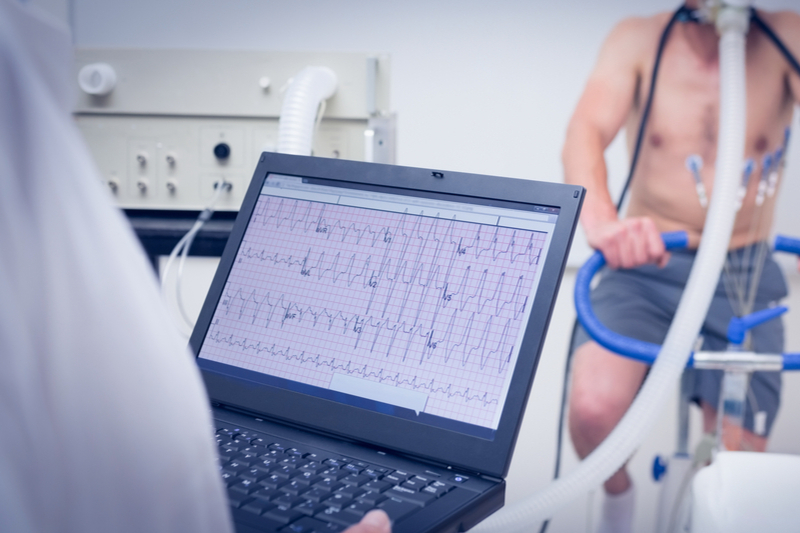There is a rising trend of heart ailments in people below the age of 40. While this is usually the age when you are more likely to be focused on your career and finances, it has become even more important to focus on your heart health too. Read on to find out when you should start taking heart check-ups regularly to get a clearer idea about your health.
What You Should Know:
- When should you start heart check-ups?
- How to estimate how your risk of heart diseases?
- Why do you need to take the treadmill test?
When should you start heart check-ups?
On an average, Indians today tend to suffer from cardiac arrests at least 20 years earlier when compared to some western countries. This is why it is important to start checking blood cholesterol levels early on in life even in children and teenagers if needed.
Ideally, a heart check-up should be done every 5 years after the age of 20. After the age of 40 a heart check-up should be done every year.
If you are diagnosed with any of the cardiovascular disease risk factors, you should get your heart health checked at least once every 2-3 years after the age of 20.
How to estimate how your risk of heart diseases?
A treadmill test conducted by a doctor or any medical professional is a convenient way to understand your risk of heart disease. This exercise stress will keep track of your electrocardiogram, heart rate, and blood pressure throughout.

Before starting this exercise stress test, a technician will check your EKG (electrocardiogram) and blood pressure to measure your heart rate at rest.
You will then begin to exercise by walking on a treadmill while the EKG monitor tracks your heart’s activity during the test. The test lasts for a between 7-12 minutes or it is stopped when the EKG monitor suggests any signs for the test for be stopped.
The medical professional conducting your test will also check for symptoms like chest or arm discomfort, shortness of breath, dizziness and more.
Why do you need to take the treadmill test?
An exercise stress test or heart stress test commonly used to understand how your heart responds to abnormal heart rhythms when it is pushed. The doctors use this test to:
- Assess cardio artery health problems like chest pain, shortness of breath and palpitations
- Check if you have sufficient blood flow to your heart when you get active
- Find out if you are more likely to have a coronary heart disease.
- Create an exercise program that is safe for your heart
- Keep a track of how your heart medications, if any, are working.
If you want to understand your risk of developing heart diseases, you can also consider answering our Chronic disease questionnaire. For more fitness or nutrition related advice, visit Activ Living.





 1800-270-7000
1800-270-7000









Excellent article outlining the significance of routine cardiac checkups. It’s great that you mentioned that routine examinations by an expert enable them to spot any breathing abnormalities and determine whether there is enough blood flow to maintain a healthy heart, ensuring our general wellbeing. Great information. I’ve been putting off taking care of myself as I’m so busy, but I will now call a professional to begin having regular checkups. Thanks.
Your content was really helpful. It is always advisable to get regular check-ups of your heart to ensure that your heart is healthy.